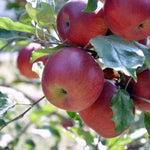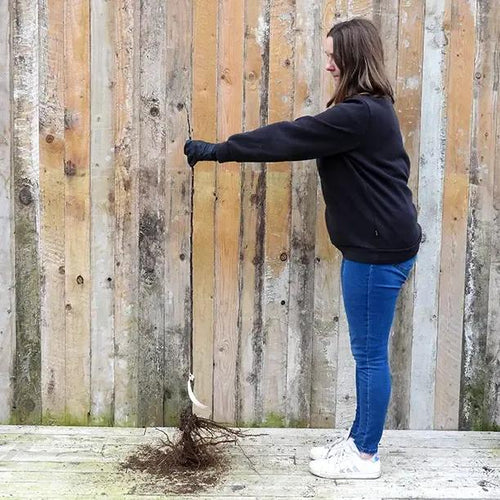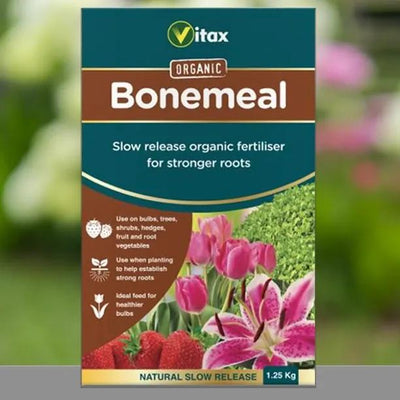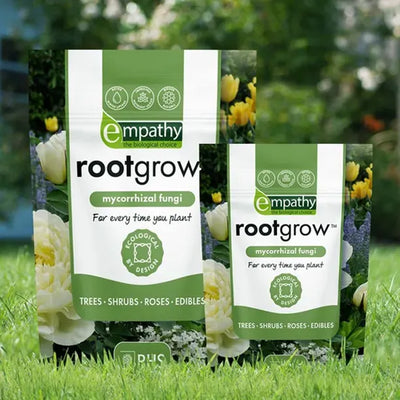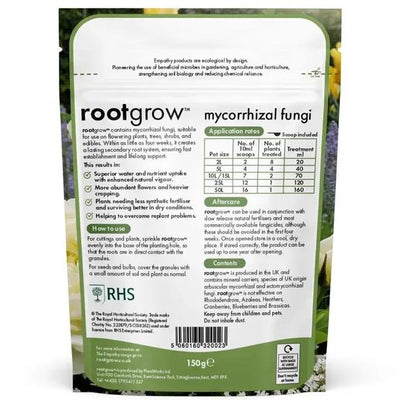Yarlington Mill Cider Apple Trees
A common sight in large scale orchards, Yarlington Mill is a very desirable cider apple. The medium-sized, pale yellow fruit have firm flesh, which is best for getting the juice out, and a medium bittersweet flavour that manages to really express both the sweet and astringent elements - it has a great aroma too. It's classed as a vintage cider apple, so you don't need to combine it with any other fruit to make a full-bodied, lip-smacking beverage.
The tree grows at a fair pace and while it may take a year or two longer to start bearing fruit than most other varieties, once it gets into its stride it'll bear really heavy crops. It does have a biennial tendency, however, producing bumper crops one year and less impressive amounts the next. The fruit drop from the tree readily when they're ripe, so you may want to put a net under the tree in October, when they're starting to ripen.
Browse all our apple trees, or read our guide to buying the right apple tree.
Features
- Cider: Medium Bitter-Sweet Vintage
- Spur bearer
- Self sterile.
- Pollinator
- Pollination Group D.
- Harvesting: October - November.
Pollination Partners for Yarlington Mill
If you plant Golden Hornet or Red-berried crab apple trees in your orchard, you can forget all about which tree pollinates what. If you would rather use a normal apple tree, then choose from any of the fertile trees in the Apple Tree Pollination list, ideally one that is in the mid-season group.
Have a look at our quick guide if you are new to brewing cider at home.
Yarlington Mill Rootstocks
The MM106 rootstocks that we use for our apple trees will produce a medium sized tree of 4-5 metres if grown as a half-standard or about 1 metre less if grown as a bush.








 Secure, One-Tap Checkout
Secure, One-Tap Checkout
 Hand Picked, Delivered to Your Door!
Hand Picked, Delivered to Your Door! 1 Year Bareroot Guarantee
1 Year Bareroot Guarantee